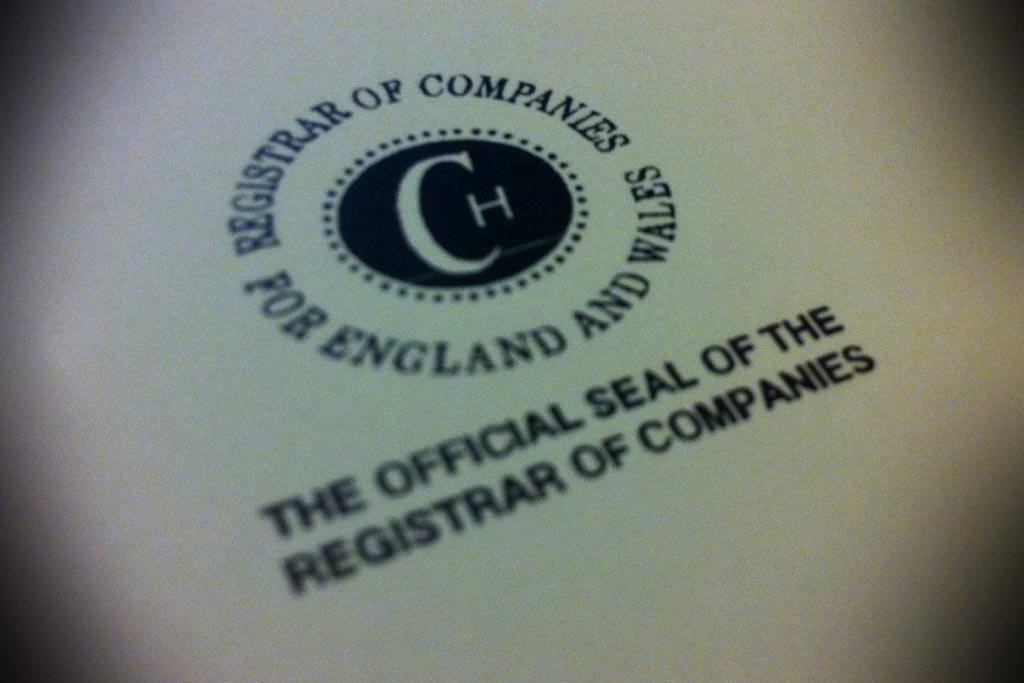The 10 reasons why 50% of startups fail in their first two years
Considering starting a small business? Find out why 50% of startups fail in their first two years, and how you can avoid making the same mistakes.
Starting a business isn’t for the faint-hearted. If you’re not put off by the prospect of potentially working for free for the first few weeks or months, then the statistics around startup failure will certainly test your enthusiasm.
Let’s take a look at some of them:
- 20% of businesses go under in their first year
- 50% of all small businesses fail in the first couple of years
- After five years just six in ten small businesses will still be trading
But while starting your own business certainly comes with inevitable risk, you can minimise your exposure to that risk by learning why as any as 50% of startup businesses DO fail in the first two years – and avoiding falling for the same traps.
The 10 reasons why 50% of startups fail in their first two years
Here are 10 of the top reasons why small businesses fail in their first two years:
- Starting a business that never had the potential to be profitable.
- Not enough cash reserves and inability to manage cash flow.
- Lack of understanding of your market and your customers their buying habits.
- Failure to price your products or services correctly.
- Unable to anticipate or react to competition or changes in the marketplace.
- Trying to do everything and appeal to everyone.
- Being too dependent on a single customer.
- Growing too fast, without the infrastructure to sustain it.
- Believing you can do everything yourself.
- Lack of experience and poor management.
How to ensure your business doesn’t fail
One simple way you can avoid most of the above startup mistakes is to follow a roadmap. This is an established process that ensures you cover off all the essential steps of building a sustainable business.
Here’s our business roadmap, created for our Kickstart course:

Following a roadmap is such an important part of starting a business that we’ve built Kickstart – a 12-month course that guides you through your first year in business – around ours.
With a roadmap to follow you can take the right steps in starting a business, in the right order. You’re never overwhelmed by the tasks you need to complete, and you don’t risk burning out by tackling too much and then running out of steam when you don’t see immediate results.
By following a calm, clear process, the work you do in your business builds upon itself every month, helping you to create a sustainable business with firm foundations.
What’s YOUR business roadmap?
So if you’re thinking of starting a business, or are in the early days of launching one, make sure you have a roadmap to follow.
If you don’t have one already, here are three ways you can get one:
- Hire a business coach and work with them.
- Join Kickstart and follow our 12-month roadmap.
- Find a practical, step-by-step book on starting a business.
Photo by Andy Lee










